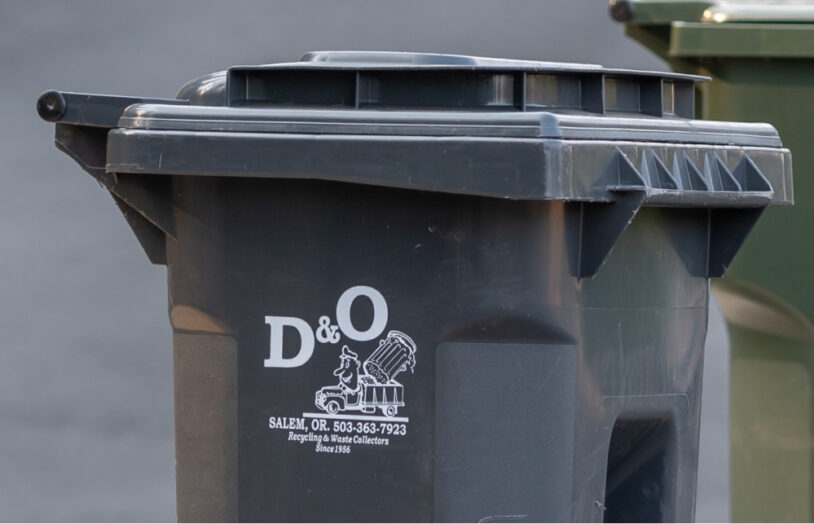
Introduction:
Efficient home refuse pickup is a fundamental aspect of maintaining a clean and organized living environment. This article explores the significance of streamlined refuse pickup at home, its impact on cleanliness, and how adopting effective practices contributes to a healthier lifestyle.
The Importance of Regular Refuse Pickup:
Regular and timely home refuse pickup is essential for preventing the accumulation of waste, reducing the risk of pests, and maintaining a pleasant living space. This routine ensures that your home stays free from clutter and that waste is disposed of responsibly. A well-organized refuse pickup routine is vital for fostering a tidy and stress-free living environment.
Home Refuse Pickup Link:
For insights into efficient home refuse pickup practices and resources, consider visiting Home Refuse Pickup. This resource provides valuable information on responsible waste management to keep your home clean and organized.
Reducing Health Risks:
Proper refuse pickup is directly linked to reducing health risks associated with waste. Accumulated refuse can attract pests and become a breeding ground for bacteria, posing health hazards to residents. Regular and efficient refuse pickup minimizes these risks, promoting a healthier living environment.
Environmental Impact of Responsible Waste Management:
Effective home refuse pickup is not just about maintaining a clean home but also contributing to environmental sustainability. Responsible waste management involves recycling, composting, and reducing overall waste. By adopting eco-friendly practices at home, you play a role in minimizing your environmental footprint.
Preventing Odor and Unpleasant Conditions:
One of the immediate benefits of a well-executed refuse pickup routine is the prevention of unpleasant odors and unsanitary conditions. Timely removal of waste, especially food waste, reduces the chances of foul smells and keeps your home smelling fresh and clean.
Segregation and Recycling Practices:
Incorporating segregation and recycling into your refuse pickup routine is a proactive step toward sustainable living. Separate bins for recyclables, organic waste, and general waste allow for efficient recycling processes. This reduces the amount of waste sent to landfills and promotes a circular economy.
Community Cleanliness and Aesthetics:
Efficient home refuse pickup contributes to the overall cleanliness and aesthetics of your community. By ensuring that waste is properly managed, you play a role in maintaining the visual appeal of your neighborhood. A clean community fosters a sense of pride and well-being among its residents.
Adopting Smart Waste Management Technologies:
In the modern age, technology has introduced smart waste management solutions. These may include sensor-based garbage bins, waste tracking apps, and other innovations that streamline the refuse pickup process. Adopting such technologies can enhance the efficiency of home refuse pickup.
Educational Initiatives for Responsible Waste Disposal:
Educational initiatives within communities are crucial for promoting responsible waste disposal. Workshops, awareness campaigns, and educational materials can help residents understand the impact of their refuse disposal habits. Empowering individuals with knowledge fosters a culture of responsible waste management.
Government Support and Waste Disposal Infrastructure:
Effective home refuse pickup is often facilitated by robust waste disposal infrastructure and government support. Well-maintained collection systems, recycling centers, and waste disposal facilities contribute to the success of responsible waste management practices at the community level.
Conclusion:
Efficient home refuse pickup is a fundamental aspect of a healthy and sustainable lifestyle. By adopting responsible waste management practices, you contribute to your well-being, the cleanliness of your community, and the overall health of the planet. Through awareness, education, and practical initiatives, we can create a future where refuse pickup is not just a routine task but a mindful and impactful practice.


